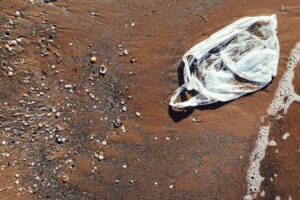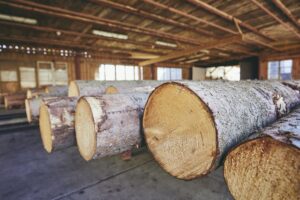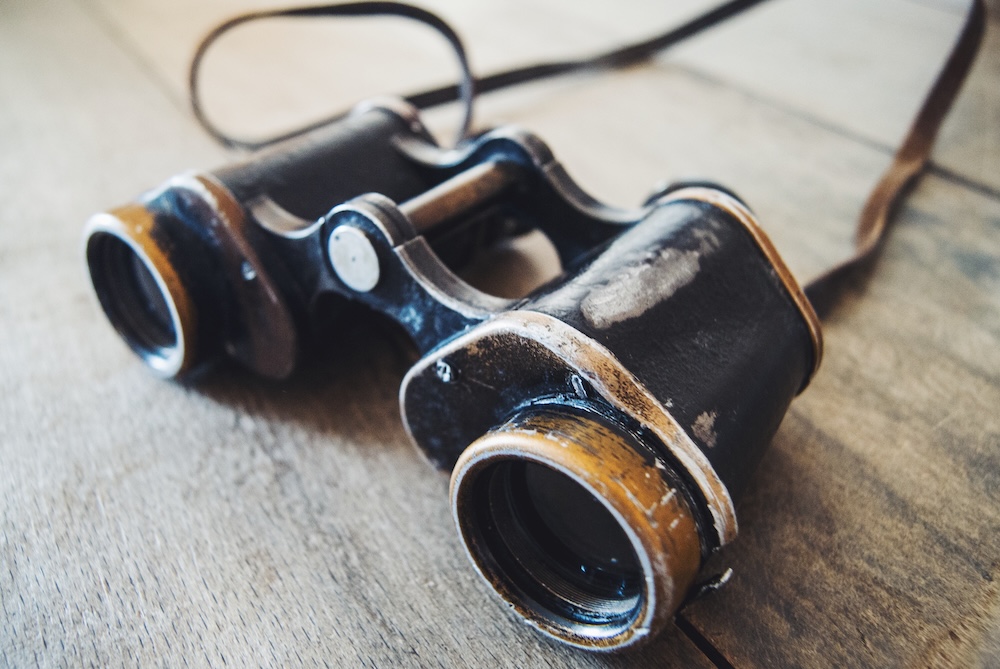A Quiet Revolution in the Forest
In July 1960, a young Jane Goodall arrived at Tanzania’s Gombe Stream with a notebook, binoculars, and a radical belief: animals are beings, not objects. What she discovered over decades reshaped biology, ethics, and our relationship to nature.
Her patient observation challenged scientific norms: chimpanzees use tools, forge alliances, hunt, grieve, and show distinct personalities. Goodall’s work didn’t just teach us about chimps—it taught us to listen.
Breaking Barriers—Science, Gender, and Empathy
In a field long dominated by men and “objective distance,” Goodall brought a different method: rigorous attention paired with respect.
- She named the chimpanzees she studied—David Greybeard, Flo, Fifi—recognizing them as individuals.
- She documented tool use (termite “fishing”), overturning the idea that only humans make and use tools.
- She revealed social complexity: cooperation and conflict, caregiving and grief, food sharing and strategy.
Her approach opened a broader conversation: science can be precise and humane.
From Observation to Global Action
As forests shrank and threats grew, Goodall left the forest to fight for it.
- 1977: Founded the Jane Goodall Institute (JGI) to sustain research, protect habitats, and partner with local communities.
- 1991: Launched Roots & Shoots, a youth-led network now active in 60+ countries (some JGI materials note 75+), empowering young people to lead projects for people, animals, and the environment.
- JGI’s programs now span reforestation, education, community health, sustainable livelihoods, and women’s empowerment, reflecting Goodall’s belief that conservation must uplift human and ecological systems together.
Honors snapshot: UN Messenger of Peace (2002). Dame (DBE, 2004). U.S. Presidential Medal of Freedom (2025).
Measurable Impact—What Endures
It’s hard to capture a movement in a single metric, but these program outcomes illuminate the arc of her legacy.
- Habitats under action plans: JGI reports millions of acres guided by Conservation Action Plans across Africa.
- Care and rescue: Hundreds of great apes (notably at Tchimpounga Chimpanzee Sanctuary, Republic of Congo) have been rescued from trafficking and now receive lifelong care.
- Forest regeneration near Gombe: Community-led restoration and satellite mapping show encouraging trends; large portions of forest once lost now show widespread natural regeneration, improving habitat connectivity.
- Roots & Shoots projects: Thousands of youth-led projects have been reported worldwide—tree-planting, wildlife corridors, plastic-waste cleanups, community well‑being initiatives.
- Chimpanzee status: Today listed as Endangered, with an estimated ~170,000–300,000 individuals across their range, threatened by habitat loss, hunting, and disease.
What She Changed—And How We Changed With Her
Goodall reframed conservation from “saving nature from people” to saving nature with people. Her community-first model connected dignity, livelihoods, and ecosystem health.
- Listening as method: Her fieldwork modeled patience and presence—an ethics of attention that invites respect for other minds.
- Science with empathy: She expanded what counts as evidence: behavior, relationship, and context—not just numbers.
- Hope as discipline: For Goodall, hope isn’t soft; it’s the daily practice of planting trees, mentoring youth, and building trust.
Be Uber: Lessons We Can Carry
- See individuals: Whether a chimpanzee or a community, change begins with recognizing personhood and potential.
- Act locally, link globally: Pair neighborhood projects with global learning—share tactics, data, and encouragement.
- Invest in youth: Empower curiosity and leadership early; tomorrow’s stewards are here now.
- Measure what matters: Track acres restored, corridors connected, and communities strengthened—not just outputs but outcomes.
“You cannot get through a single day without having an impact on the world around you. What you do makes a difference, and you have to decide what kind of difference you want to make.” — Jane Goodall
Listening to the Wild Again
Jane Goodall didn’t just change what we know; she changed how we know. She turned observation into care and care into action. To Be Uber is to live as she does: awake, connected, and hopeful enough to keep working for a world that still listens.









Reader Interactions